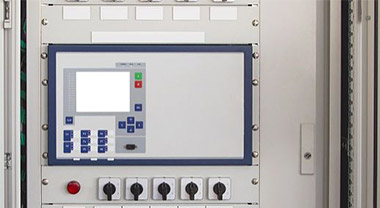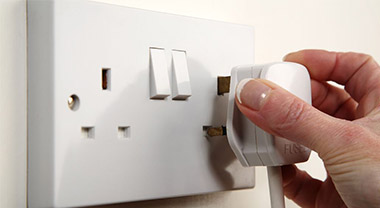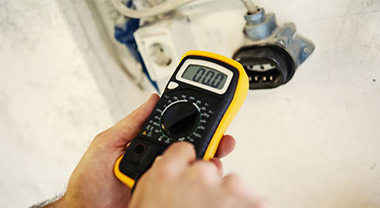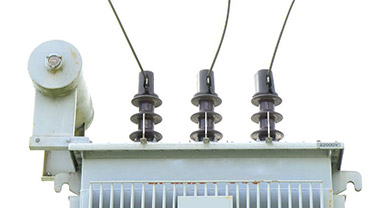What is the difference between a DC circuit breaker and an A



1. What is DC circuit breaker?
DC and AC circuit breakers work with different types of electric current. DC circuit breakers can be used to protect individual loads that work with direct current, or they can be used to protect main circuits such as those of inverters, solar PV arrays, or battery banks.
2. How Does a DC Circuit Breaker Work?
DC circuit breakers work with the same principle of thermal protection and magnetic protection which is found in AC circuit breakers. Thermal protection in a DC circuit breaker protects against overload current, which is only slightly larger than normal operating current. And magnetic protection trips the DC circuit breaker when high fault currents are present, and the response is always instantaneous.
3. What is the difference between a DC circuit breaker and an AC circuit breaker?
A very important difference when interrupting alternating current and direct current is that the arc extinguishing point is higher for a DC circuit breaker. In direct current where voltage is continuous, the electric arc is constant and more resistant to interruption. For this reason, DC circuit breakers must include additional arc extinguishing measures: they typically have a mechanism to elongate and dissipate the electric arc in order to simplify interruption. In AC circuit breakers, arc interruption is simpler because the current is alternating and has values of zero in every cycle where it is easier to interrupt.
4. Why DC supply is used in circuit breaker?
The circuit breakers are used to break electric power. DC power is used because it allows for a battery bank to supply close/trip power to the breaker control circuits in the event of a complete AC power failure. The operation mechanism has the advantages of high reliability, low failure rate, long maintenance cycle and less maintenance workload.
5. Are DC circuit breakers directional?
Direct currents flow has one and one only ‘unidirectional’ flow of electrical charge one a constant direction, e.g. batteries or solar cells so the DC circuit breaker must respect that one direction charge. Reversing polarity would result in safety issues and irreversible damage. DC circuit breakers must be built to maintain arc voltage that will interrupt the current, at low currents. DC currents are constant currents, while AC is sinusoidal current.




